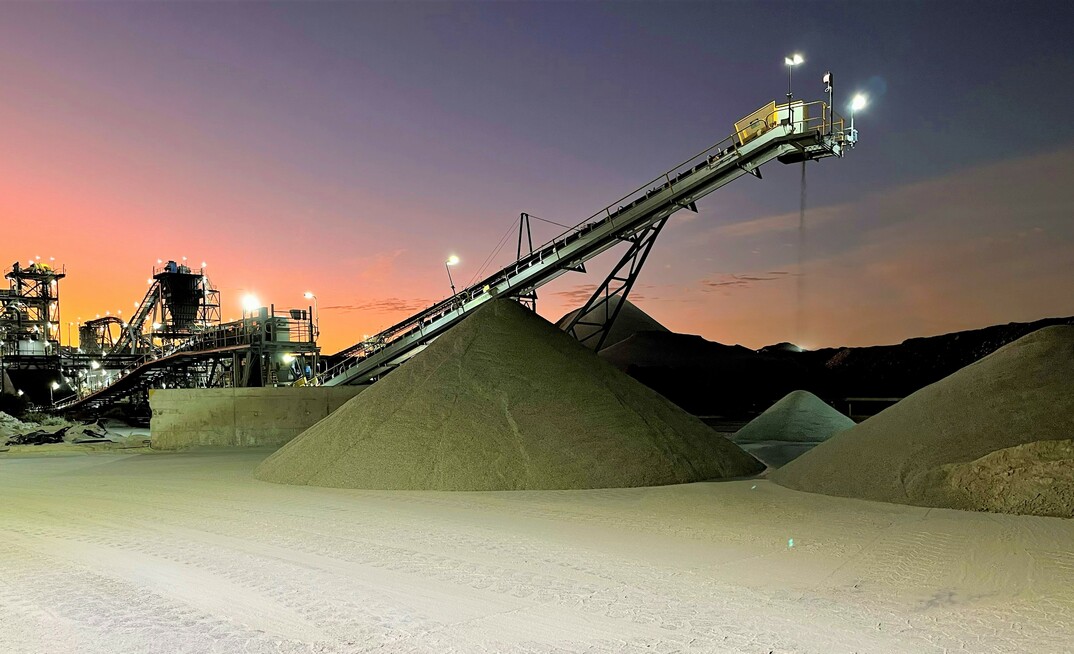In late March, the pair released a scoping study into the "mid-stream" project, which aims to produce an additional value-added product from Pilgangoora, confirming its viability.
Capital costs for a full demonstration plant to produce 3000t of lithium phosphate salts with 98% purity from 27,000t of spodumene are estimated at $50-70 million.
The study was completed by Lycopodium using Calix's flash calcination technology.
The government grant will be used as part of the proposed joint venture between Pilbara and Calix to support the design, procurement, construction, and commissioning of a demonstration plant.
Pilbara and Calix aim to enter into a JV agreement by early in the September quarter.
The pair said lithium phosphate salt could outperform other lithium raw materials across the key metrics of product cost, quality, carbon energy reduction and waste reduction/handling.
Pilbara managing director Ken Brinsden said the backing of the technology represented a "giant leap forward" for the hard rock lithium raw materials supply chain.
"The mid-stream project is expected to facilitate waste minimisation in key end-use markets, which decarbonises the hard-rock lithium supply chain and creates competitive ‘value-added' products that can serve global markets directly," he said.
Pilgangoora is set to be producing at a rate of 560,000-580,000tpa of spodumene concentrate from the September quarter.
Pilbara is eyeing further expansions to 680,000tpa and eventually, 1 million tonnes per annum.
Shares in Pilbara were 2.3% higher this morning at $2.66, while Calix shares rose 0.3% to $6.95.

























